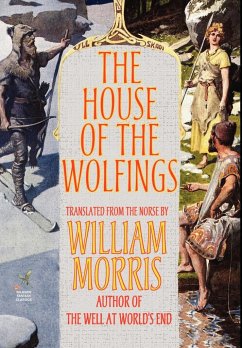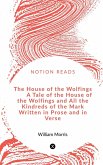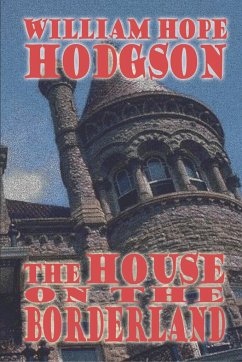The first of William Morris's great fantastic romances is a translation of the old Norse saga, The House of the Wolfings. Of this tale, The Encyclodedia of Fantasy wrote: "The first step toward the characteristic large-scale fantasies which have had such influence on the genre . . . is The House of the Wolfings. Here the setting is quasi-historical: a European Saxon community is resisting the decadent advances of late Imperial Rome. The romantic-supernatural story contains a large admixture of verse." Indeed, Morris's chief contribution to the book is his beautiful prose and poetry, for his version of the story is actually a collaboration with Norse scholar Eirikr Magnusson, who provided a literal translation of the original text, which Morris then reset as prose and poetry. Morris's version of The House of the Wolfings has influenced generations of writers, including J.R.R. Tolkien, C.S. Lewis, and countless hundreds more.
Hinweis: Dieser Artikel kann nur an eine deutsche Lieferadresse ausgeliefert werden.
Hinweis: Dieser Artikel kann nur an eine deutsche Lieferadresse ausgeliefert werden.








